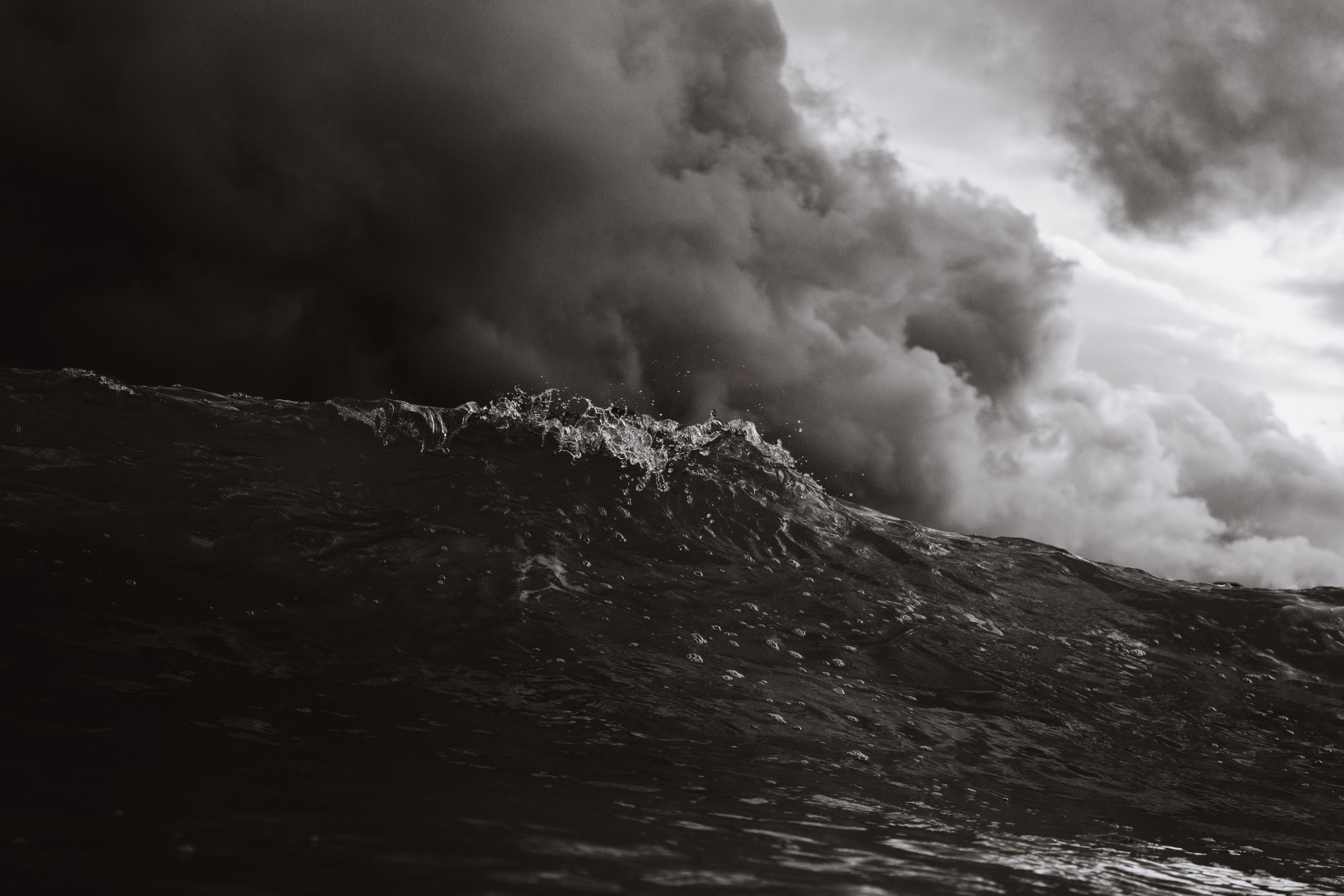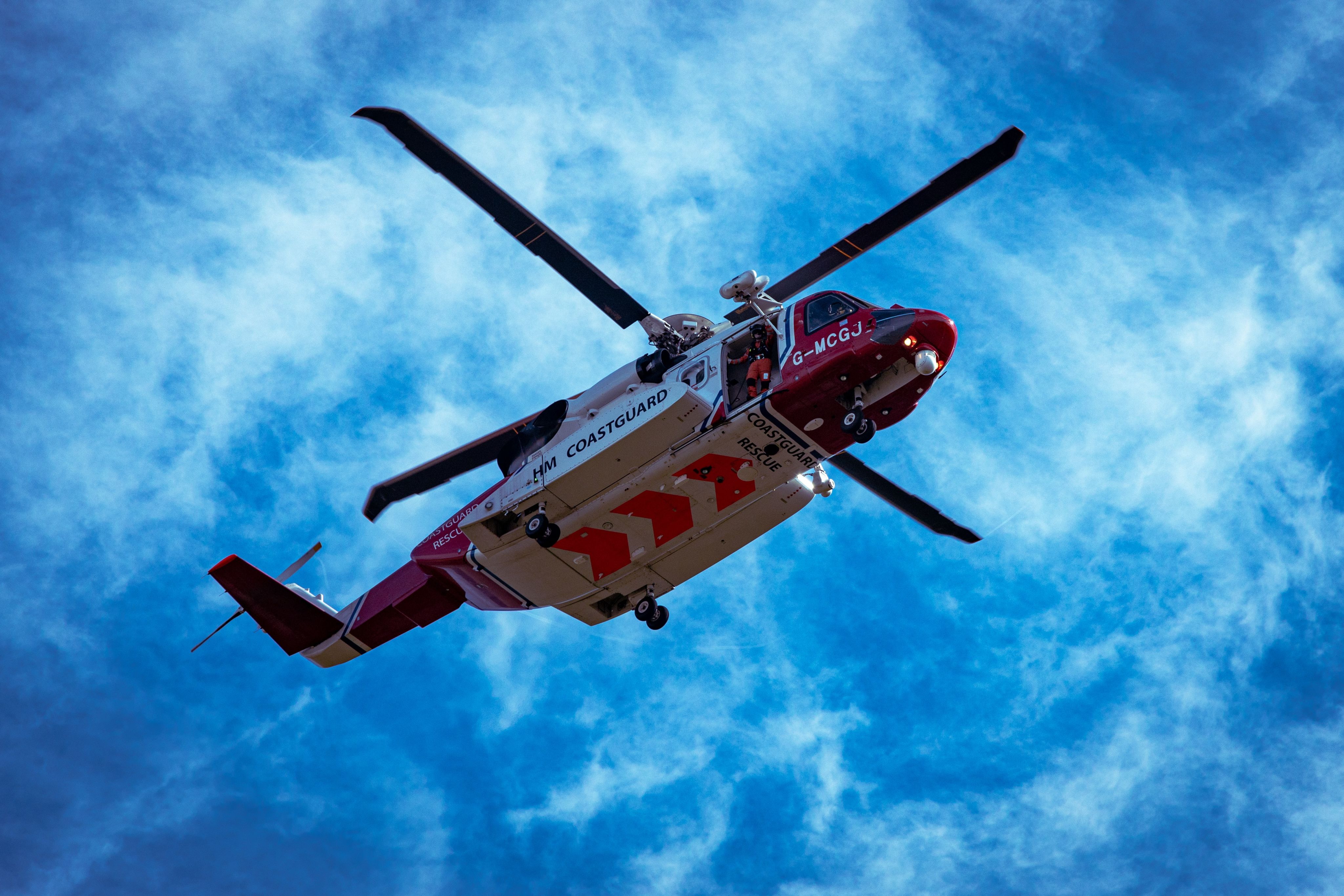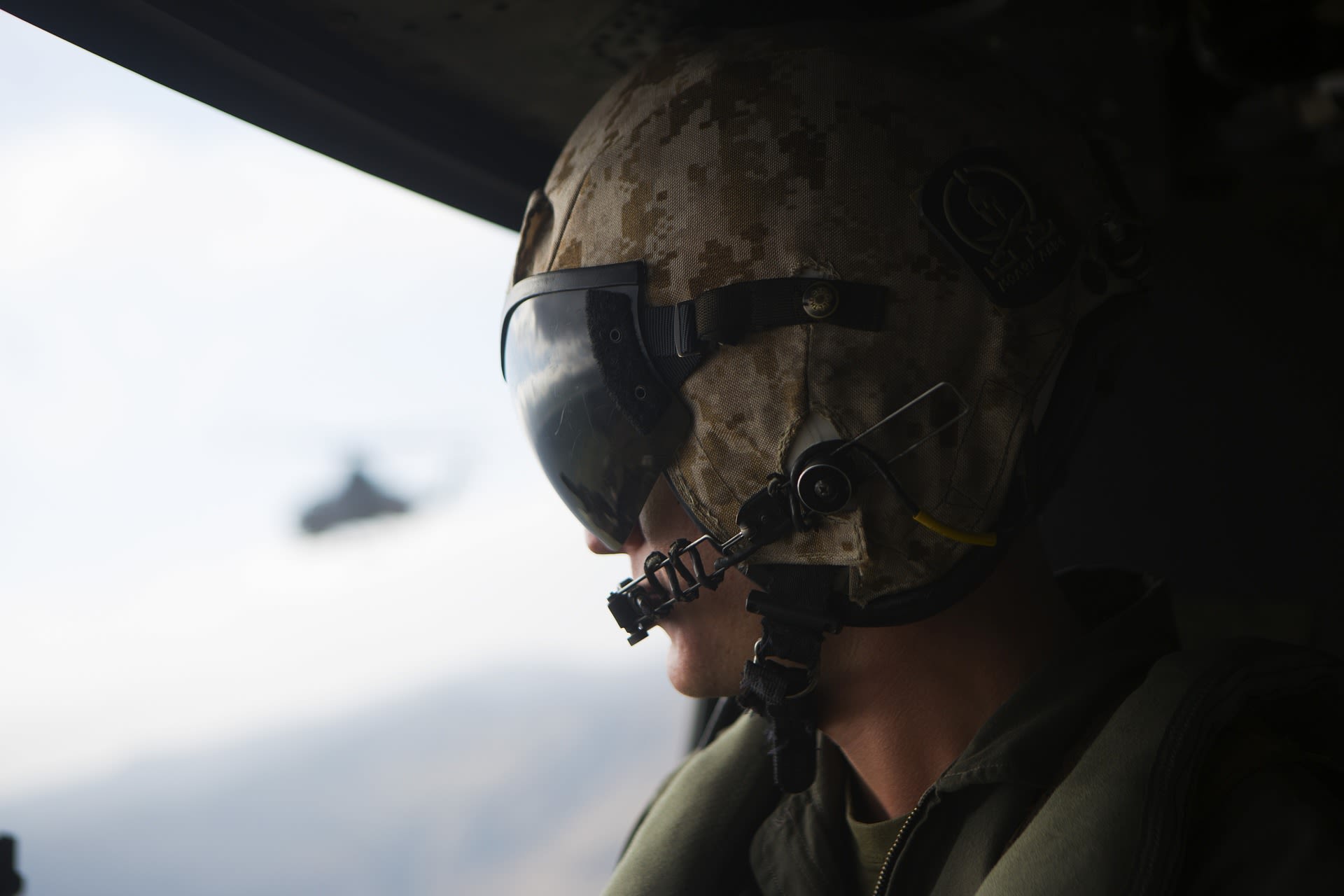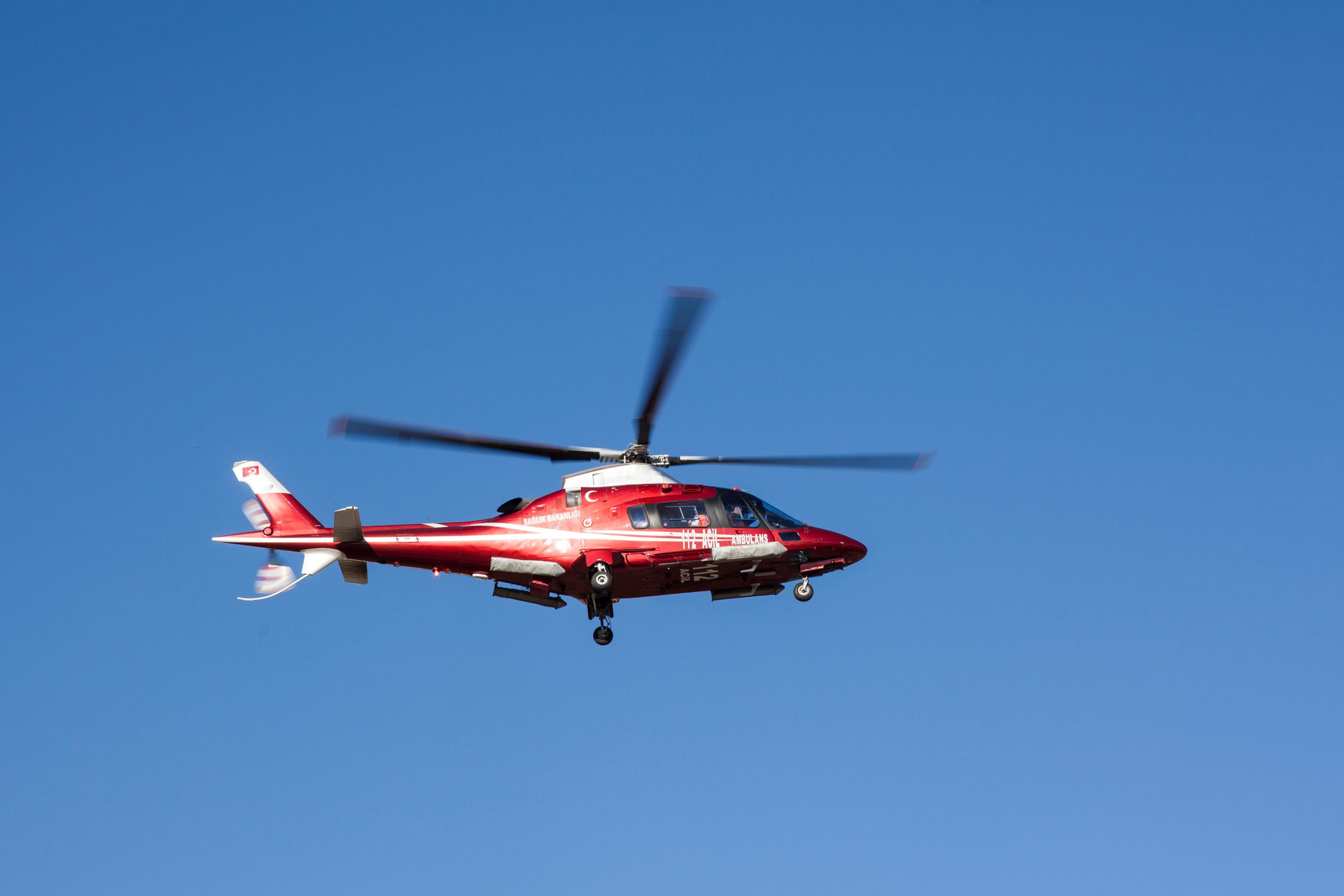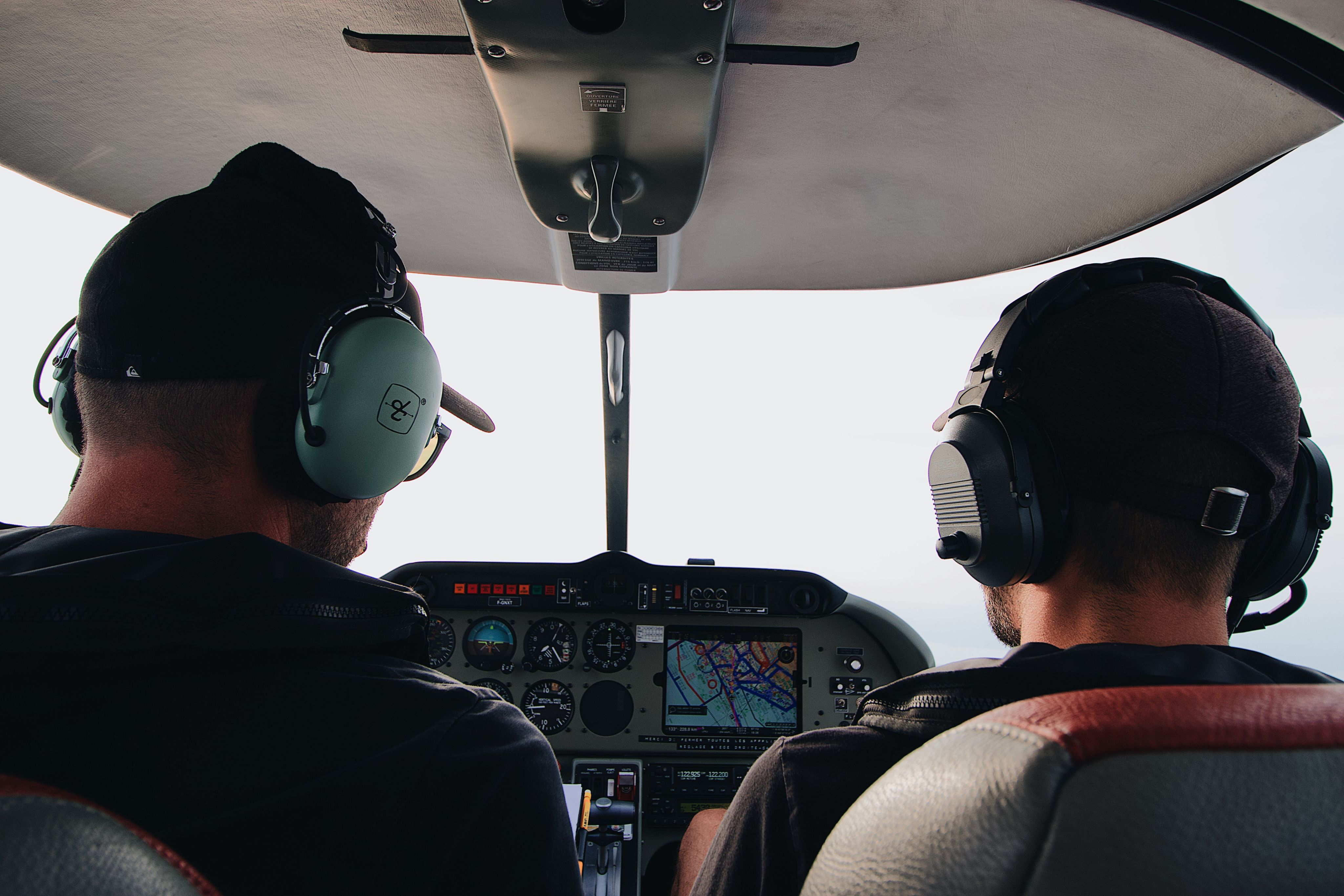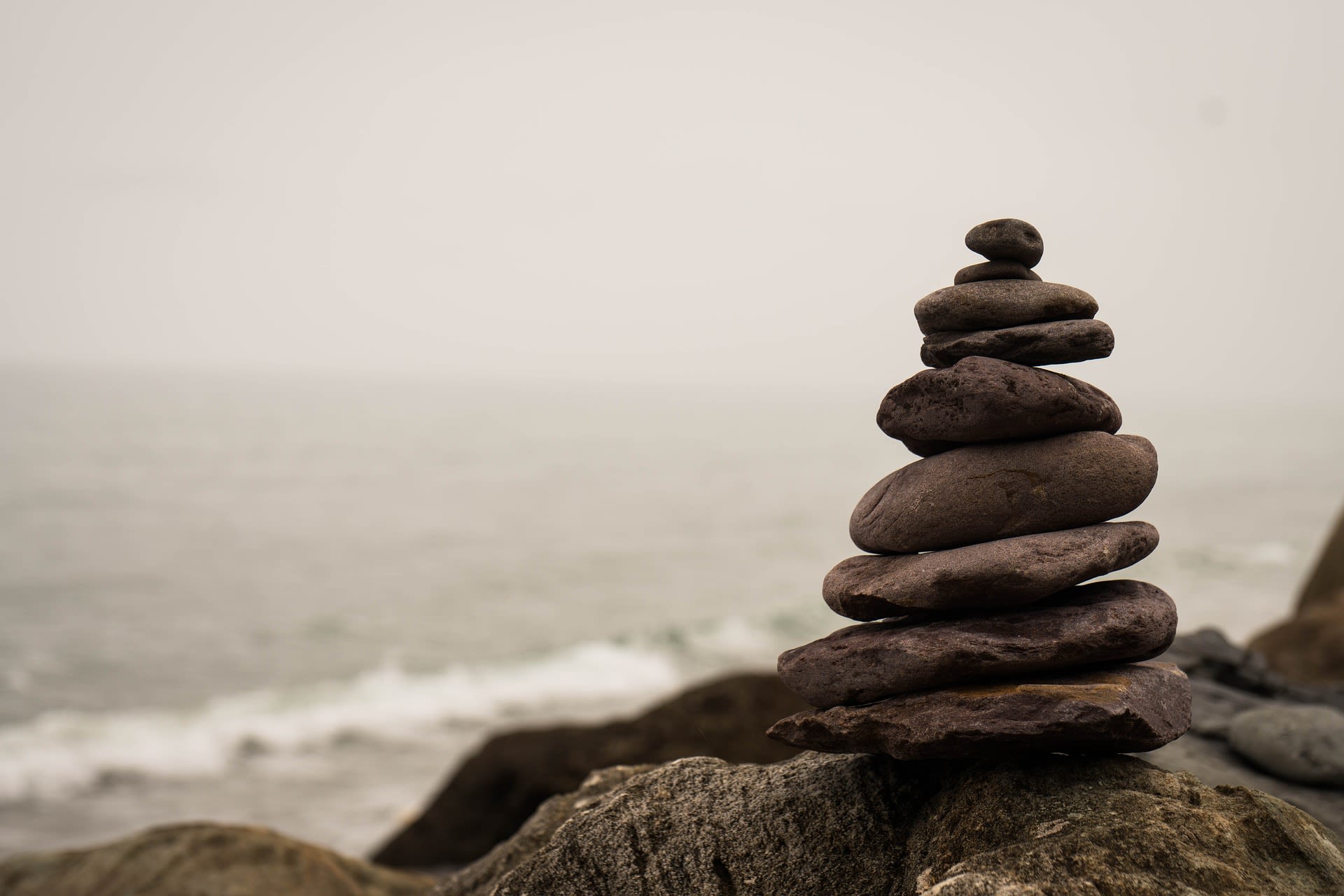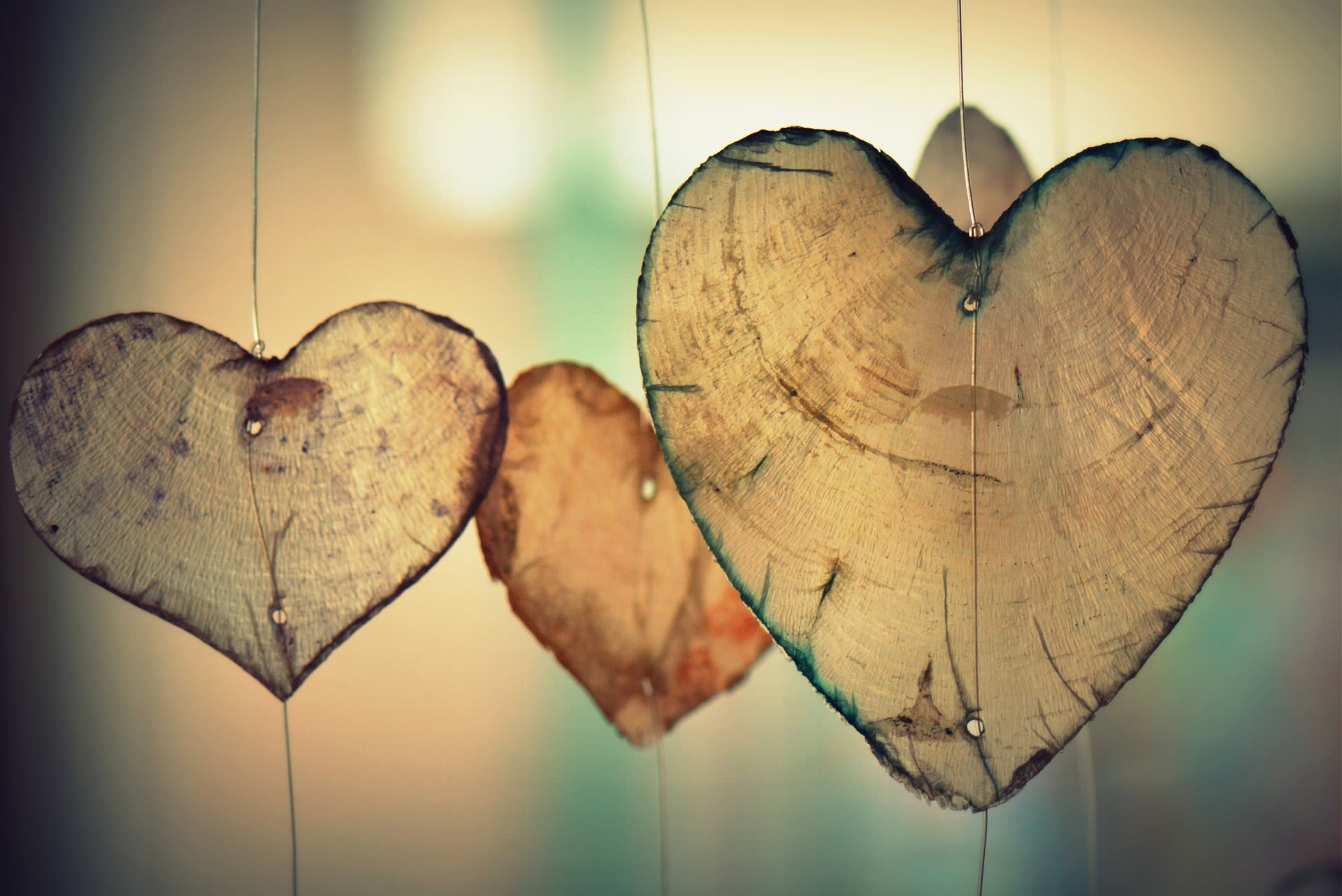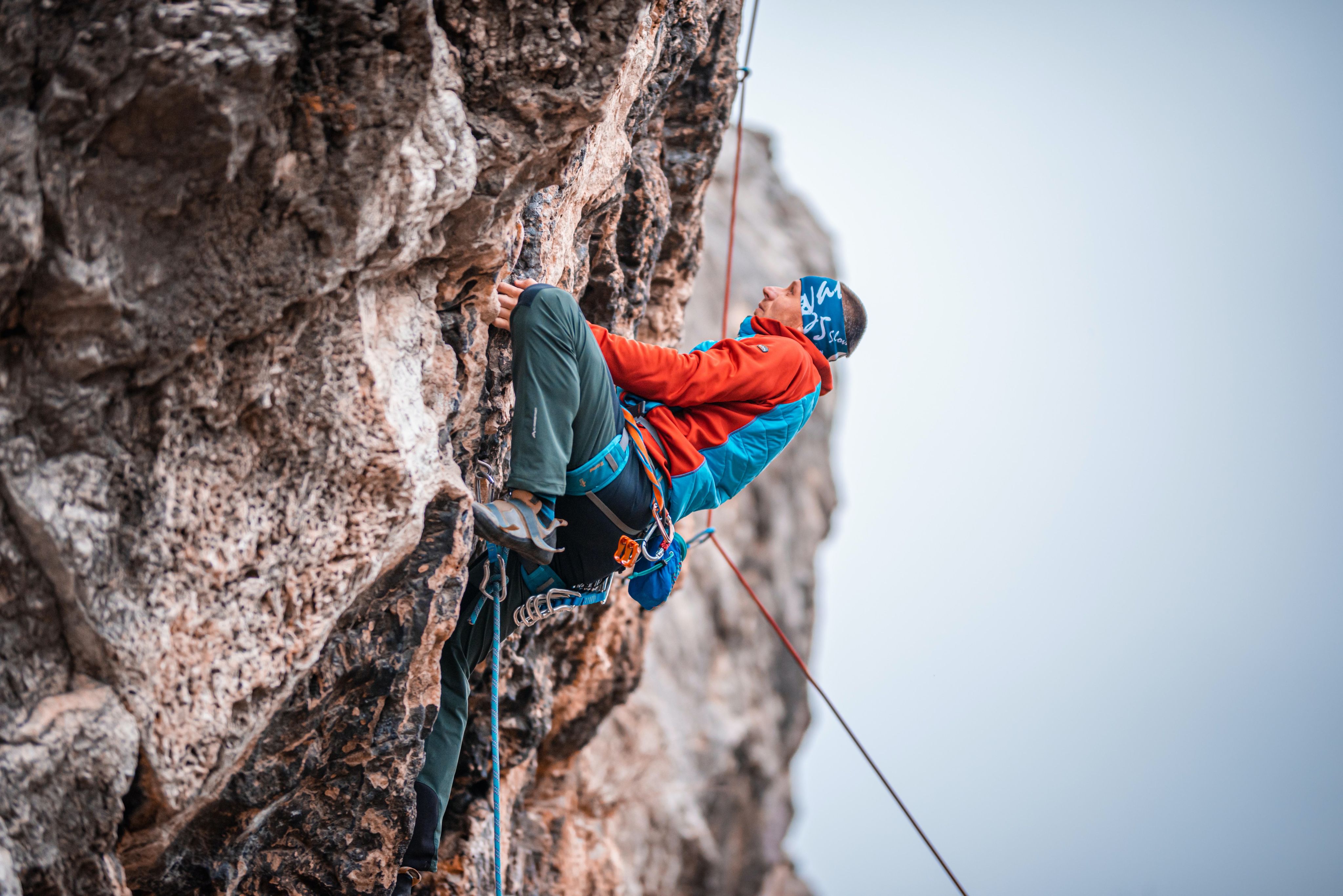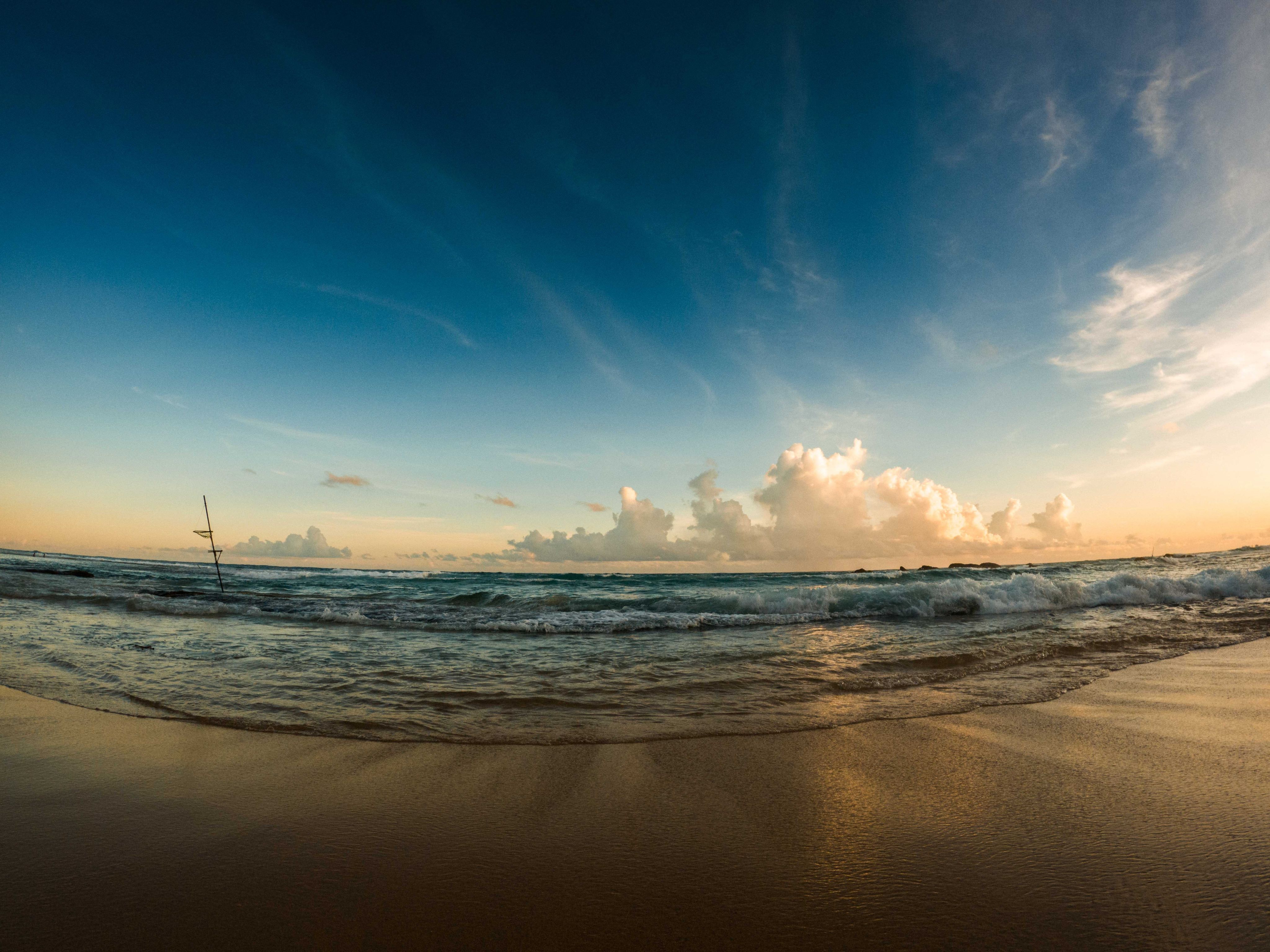Oracle of Consciousness
#5 - Bravery
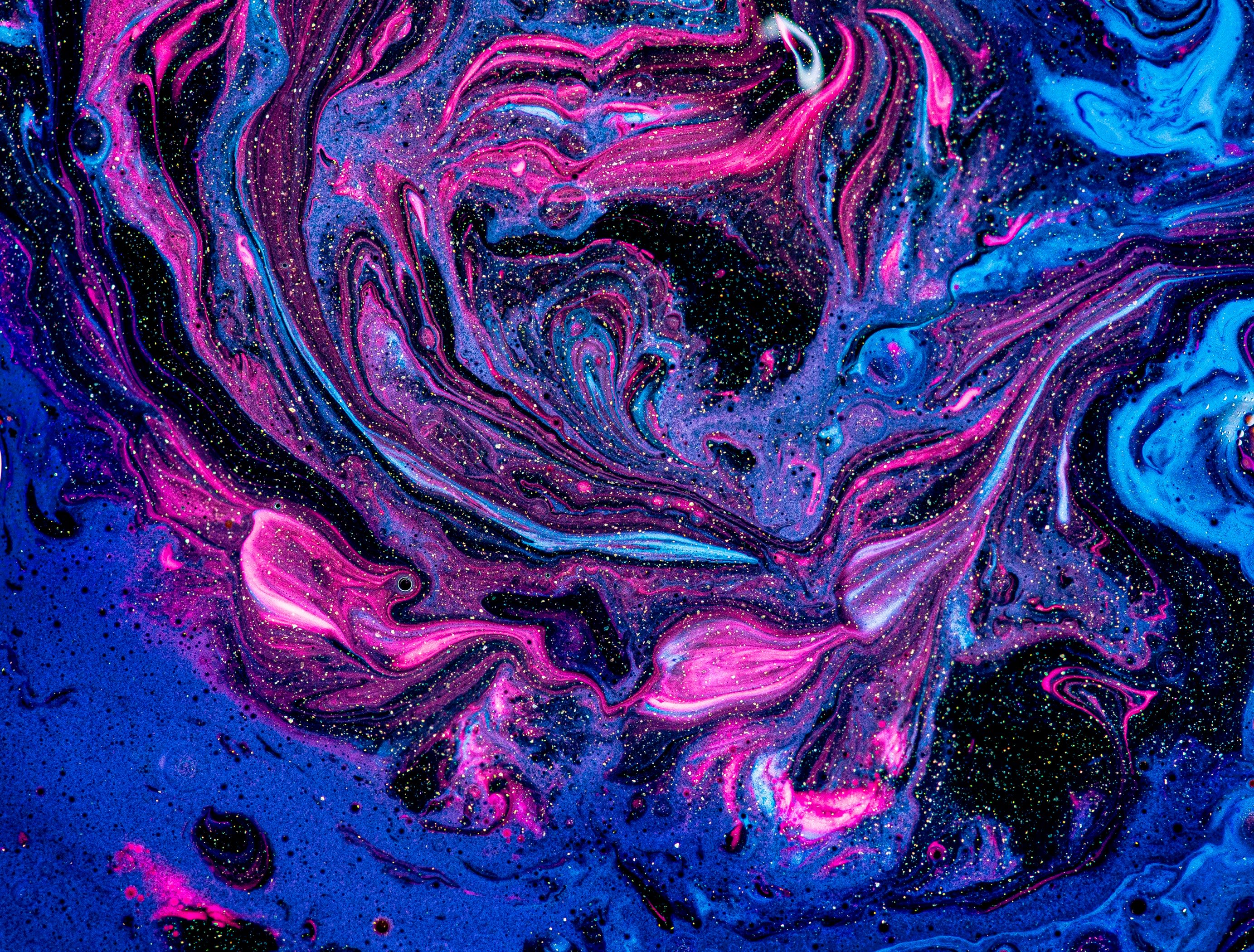
As a result of a huge rogue wave, I found myself under water, running out of breath and trapped under a metal stand on the deck of a floundering vessel, off the coast of Western Australia.
I really felt this was it,
my life is over!
My lungs were bursting and desperately in need air.
I had read of cases, where one’s life flashes in front of your eyes, and this was now happening to me.
My family
My life,
My hopes dashed
I knew that if I was to take another breath, my precious lungs would be filled with salt water and that would be the end of this life.
Miraculously, in the instant that followed, the vessel lurched over, exposing me to daylight and fresh air.
Instantaneously, I extracted myself from under the stand, saw my spotter safely hanging onto the structure several metres above the deck and yelled to him, “Let’s get out of here!”
There was probably an expletive added in there somewhere!
What ensued from that episode was the safe evacuation of the remaining 10 crew members out of 52, who stayed onboard to arrest the vessel running aground, or sinking before it reached the shore.
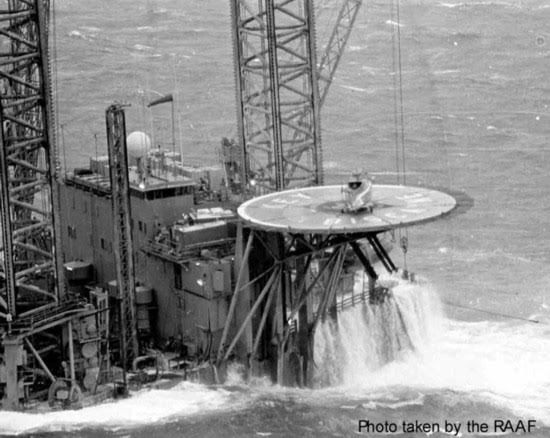
The Key Biscayne Jack-Up rig, floundering
offshore Western Australia
My task as the Occupational Health, Safety and Environmental Officer onboard the Key Biscayne, was to take the remaining crew members by the scruff of their shirts, crawl across the violently swaying helideck, attach the downline from the hovering helicopter above our heads, and have them winched up to safety.
Watch and listen to an example of helicopter below (turn the volume up)
If anyone has ever been near a helicopter, the downwash from the rotor blades is extremely fierce and can blow you off your feet.
In this scenario, the helicopter was just above our heads in a ferocious storm, which had swamped the vessel and parted the tow line from our tug.
We were in serious trouble, which is why I was on the deck, attempting to knock out a pin with a sledgehammer, to release the anchor, which hopefully would have arrested our wild ride to the shore.
Hence, the huge ‘green’ wave which came out of nowhere, swept me off my feet and jammed my legs under the stand, leaving me breathless.
Subsequently, I was the last to leave the vessel.
In my eyes, the true heroes of this event were the three helicopter crew, who weaved their aircraft through the heaving and pitching legs circumscribing a 40 metre arc, while the helideck was rising and falling 10 metres, in 9 metre sea swells and 40 knot (74 kms) winds.
Repeatedly, the pilot had to abort their access into the airspace above the helideck for fear of the rotor blades clipping the 85 metre high legs, and sending their stricken aircraft into the sea.
One hour after we had all abandoned ship, the vessel overturned and sank, along with millions of dollars of equipment, our personal belongings and employment.
Today it is a haven for colourful fish and other marine life.
Excerpt from the findings into the accident:
“Mr Pursell, as Safety Officer, was responsible for briefing and placing each man in the harness during the winching process and for organising the evacuation of groups from the helipad.
He also tried unsuccessfully to secure a line to the towing vessel and throughout the evacuation process was on deck, exposed to the elements and several times was washed or blown into the safety net surrounding the helipad.
It is said that his calm and authoritative manner was instrumental in effecting the crew’s evacuation.
When the decision was made to abandon the rig, Mr Pursell was the last to leave."
In 1987, five of us involved with this rescue were awarded the Royal Humane Society Bronze Medal for Bravery
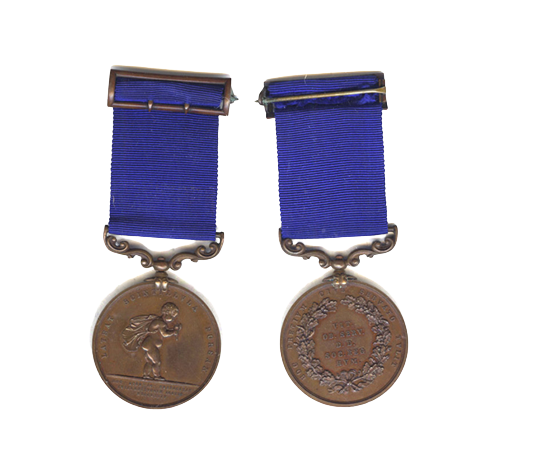
It was such an honour!
I was a young 37 years of age; oh, how time flies, when you are enjoying yourself!
Why I recount this chapter of my life, is not some form of egoic self-promotion, but to delve deeper into the impetuous behind courage and bravery.
In a previous article entitled ‘Courage’ we established that courage and bravery are an act of love and that still stands.
But I can assure you, being half-drowned, getting blown about the helideck and being pummelled by the downwash of the helicopter blades, I was certainly NOT thinking:
"Oh my; so this
is love!"
Far from it!
Yes, the adrenaline was coursing through my veins, but what was it that had me step completely out of my comfort zone?
I would venture to
say it was duty.
I felt the need to step up, divest myself of the desire for self-preservation and do the right thing by everyone concerned, including the company that had me gainfully employed.
There was no thinking involved, my mind had gone silent and shrunk into the background.
My fear-based ego had retreated momentarily.
Through my training and life-skills, I was equipped with the wherewithal to carry out some appropriate actions and operate on ‘doing the right thing’.
That was it!
No heroics, no thoughts of a glowing report or accolades from my fellow crew members, just pure - ‘right action’.
So, now we know that courage and bravery can be orchestrated by our hearts if given enough time to contemplate, or it can come spontaneously from stepping out of our comfort zone and doing what needs to be done.
That day I learnt to have total respect for the ocean and her care giver, Mother Nature.
It was a good lesson.
